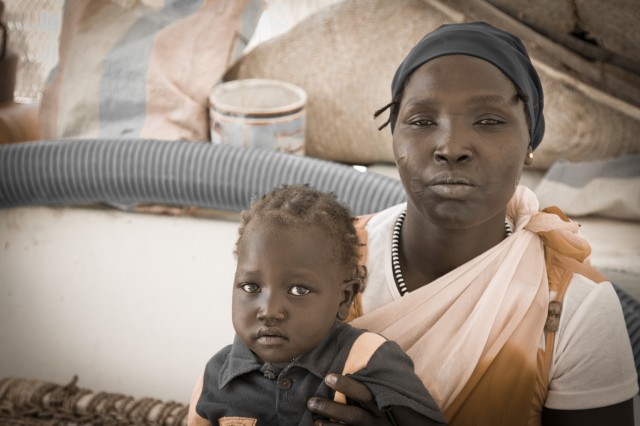Patricia Morris (Washington, DC)

At least one in three women and girls around the world is beaten or sexually abused in her lifetime and as much as four million women and girls are trafficked annually into forced marriage, prostitution, or slavery. So when the Obama Administration unveiled the US Strategy to Prevent and Respond to Gender-Based Violence Globally on August 10, 2012 it also unveiled new hope for real transformation and real progress on global development goals. Evidenced-based research now shows how investment in the advancement of women and girls yields multiple dividends for the socio-economic development of communities and nations. Gender-based violence (GBV), particularly violence against women, is an early signal of social and political instability and in recent decades has become a hallmark of failed states. Even mature democratic societies like the United States are challenged in escaping the generational cycle of gender-based violence.
In unveiling this strategy the Administration does two things that are important in eliminating gender-based violence. First it exhibits the political will that is so critical to keeping the issue on the global agenda and to informing US government institutions of the centrality of gender-based violence to effective diplomacy, defense and development. The strategy puts a spotlight on these acts of violence and dislodges the hidden spaces where they are veiled in cultural and traditional explanations. The strategy also provides a road map for how the administration expects to prevent and respond to gender-based violence. Solid objectives and actions are outlined for the Department of State and USAID prioritizing interagency collaboration, increased data collection, monitoring and evaluation of government programs and an expansion on GBV programming.
At Creative Associates International we welcome the strategy and the acknowledgement of the correlation between violence, failed states and underdevelopment. For 35 years we have worked to advance girls education and were acutely aware of the impact violence against girls has on their enrollment, retention and completion in schools. We were also too aware of the violence girls faced in school and in response developed programs that promoted equity in the classroom and school environment, trained teachers in gender sensitive classroom management and student-centered teaching methodologies, and involved communities in education. The new strategy promises to make more leadership, research and resources available to not only make schools safe for girls and boys but also make families and communities safe.
Gender-based violence ruins lives, cripples families and communities and hinders community and national development. For our government’s investment in diplomacy, development and defense to be most effective gender-based violence must be eliminated and thank goodness we now have a national strategy to help make it so.
Patricia Morris is Creative’s Senior Associate for Gender and Development.